WASHINGTON D.C. June 25 (V7N) – President Donald Trump on Wednesday insisted that recent U.S. airstrikes had delivered a "devastating attack" to Iran's nuclear program, claiming it was "completely and fully obliterated," despite an early U.S. intelligence report suggesting minimal damage.
Trump's assertion comes amidst conflicting assessments of the strikes' effectiveness, which could significantly influence public opinion on his decision to involve the U.S. in Israel's offensive against Iran. The situation also raises questions about the administration's next steps in the region to prevent Iran from potentially rebuilding its nuclear capabilities.
Defense Secretary Pete Hegseth dismissed the leaked intelligence report – which indicated Iran's nuclear activities might only face a short-term disruption of a few months – calling it "preliminary" and "low confidence." Secretary of State Marco Rubio went further, labeling those who leaked the assessment as "professional stabbers."
The White House bolstered its claims by citing a statement from the Israel Atomic Energy Commission, which asserted that Iran’s nuclear efforts had suffered a "many years" setback. This statement was disseminated by both the White House and the office of Israeli Prime Minister Benjamin Netanyahu.
Iran, while insisting its nuclear program is for peaceful purposes, has been accused by U.S. and Israeli leaders of seeking nuclear weapons. Despite this, Iran's Foreign Ministry spokesperson Esmail Baghaei confirmed to Al Jazeera that Iran’s nuclear sites sustained "significant damage." "Our nuclear installations have been badly damaged, that’s for sure," he admitted.
One key target of the U.S. attack was Iran’s Fordo enrichment facility, known for being located deep underground. The Israeli commission claimed the bombing rendered the site "inoperable." Satellite imagery analyzed by the Associated Press showed damage, including a crater at the Natanz site, directly over its underground centrifuge halls. However, other images suggested Iran may have moved some materials and sealed tunnel entrances before the strikes.
The American strikes on Iran’s nuclear infrastructure, coupled with Israeli attacks on other military nuclear sites, are collectively believed to have "set back Iran’s ability to develop nuclear weapons by many years," according to a joint statement from the U.S. and Israel.
The incident has reignited President Trump’s longstanding tensions with intelligence agencies and leakers, whom he often accuses of belonging to a "deep state" aiming to sabotage his agenda. He also harshly criticized media outlets reporting on the classified intelligence, calling them "scum" and "disgusting."
Trump defended the military's actions, arguing that questioning the success of the strikes insults the U.S. military. He highlighted that stealth bombers flew halfway around the globe to carry out precision attacks with bunker-busting munitions. "These reports are very unfair to the pilots who risked their lives for our country," he said.
A critical unanswered question remains whether enriched uranium, which could potentially be converted into nuclear weapons fuel, was removed from the targeted sites before the strikes. "I believe they didn’t have a chance to get anything out, because we acted fast," Trump stated, adding that transporting such material is extremely difficult and dangerous.
Classified briefings for lawmakers on the situation, initially scheduled for Tuesday, have been postponed to Thursday and Friday. Meanwhile, President Trump has indicated that the U.S. and Iran are expected to engage in talks next week, with the current conflict seemingly concluded following a ceasefire declared on June 23 after an Iranian retaliatory missile attack on a U.S. base in Qatar.
END/WD/RH/



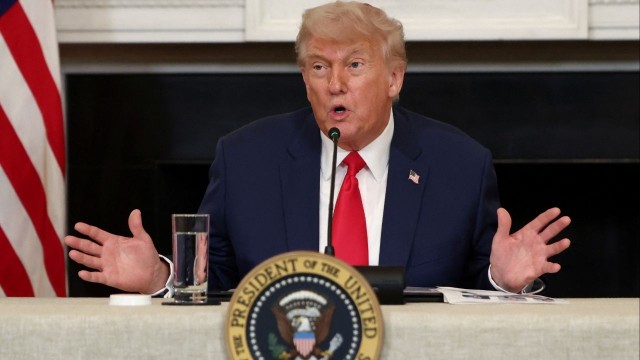



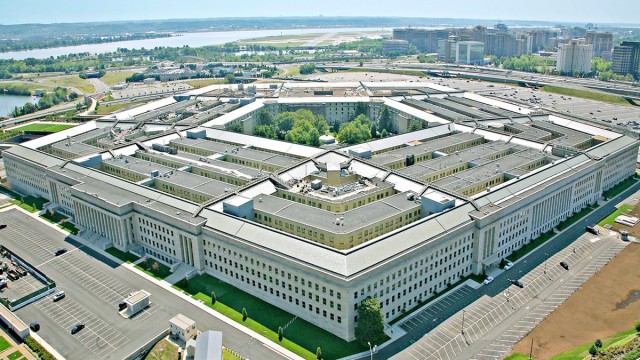
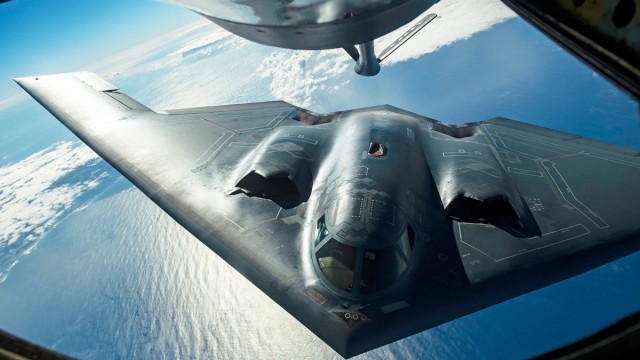














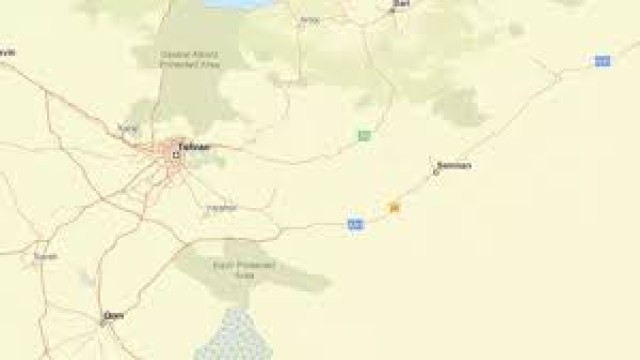

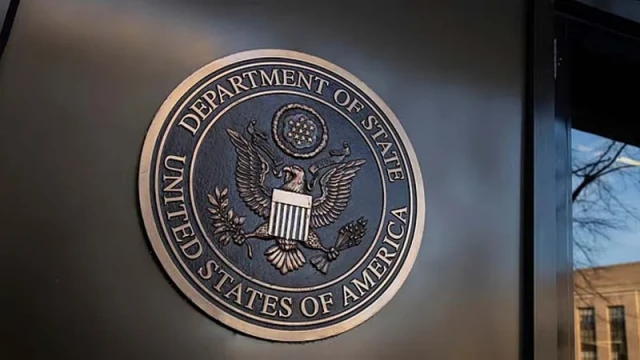

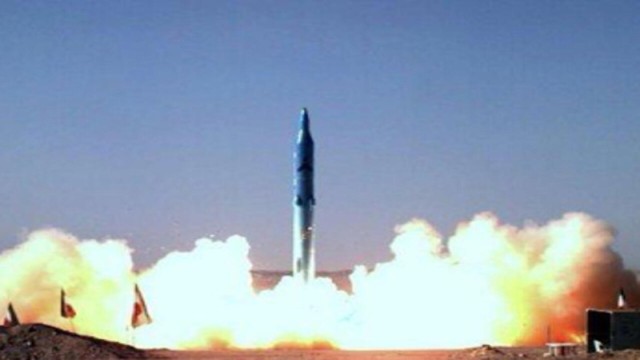
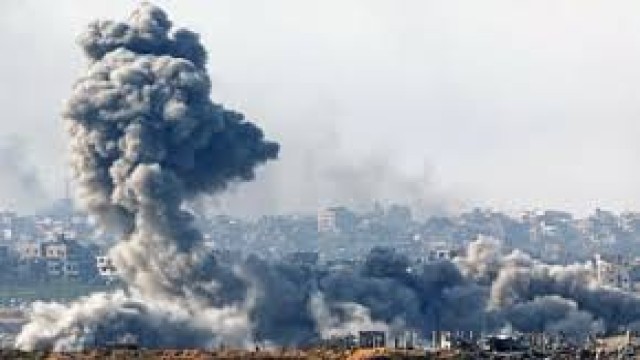

Comment: